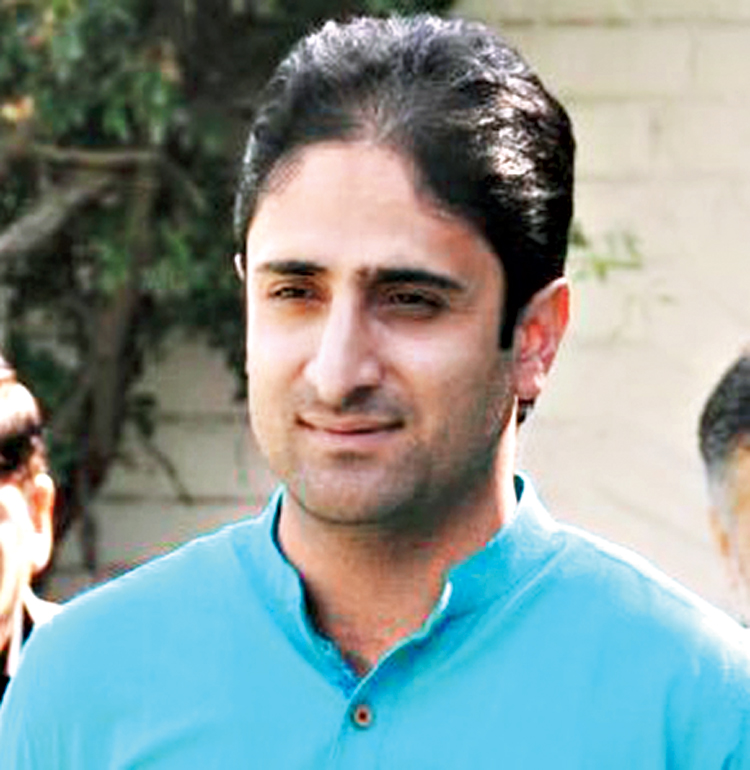Junaid Azim Mattu, who became Srinagar’s mayor last November with the BJP’s support, has been placed under “house protection” after he said that the absence of bodies on the streets did not mean the situation was normal or that people were happy.
“It is highly unrealistic for anybody to say the situation is normal,” Mattu had told NDTV on Monday.
On Tuesday, amid reports that Mattu had been placed under house arrest, a senior Kashmir police officer said: “He is at home. He is under guard. Nobody has any permission under the current circumstances to hold public meetings or rallies, or to make irresponsible statements.”
Mattu made his controversial statements in interviews during a short visit to New Delhi to seek treatment.
The mayor, who was granted minister of state rank by the Centre last month after it scrapped the state’s special status, also spoke of a “humanitarian crisis” evolving in the Valley, with parents unable to communicate with children and patients unable to reach doctors.
Mattu said there was “anger, anguish” and a pent-up sense of “insult and humiliation”. He questioned the way mainstream politicians, who had remained in the mainstream despite militant threats and violence, had been “hunted and hounded”.
Hundreds of pro-India politicians, including three former chief ministers, have been jailed or placed under house arrest in the Valley.
“Containing a sentiment in the aftermath of a radical decision by enforcing a clampdown doesn’t mean that the situation is normal,” Mattu said. Scrapping the state’s special status had caused an “existential crisis”, he added.
The Kashmir police officer said: “He is the BJP’s man, but he doesn’t have the permission to make loose statements.”
A close aide of former chief minister Omar Abdullah, Mattu had left the National Conference last year and rejoined the ranks of Sajad Lone, a former secessionist who joined the mainstream, steered close to the BJP, and was a minister in the PDP-BJP coalition government.
Despite his perceived proximity to the BJP, Mattu clearly no longer enjoys freedom of movement, like hundreds of interned Kashmiri politicians.











